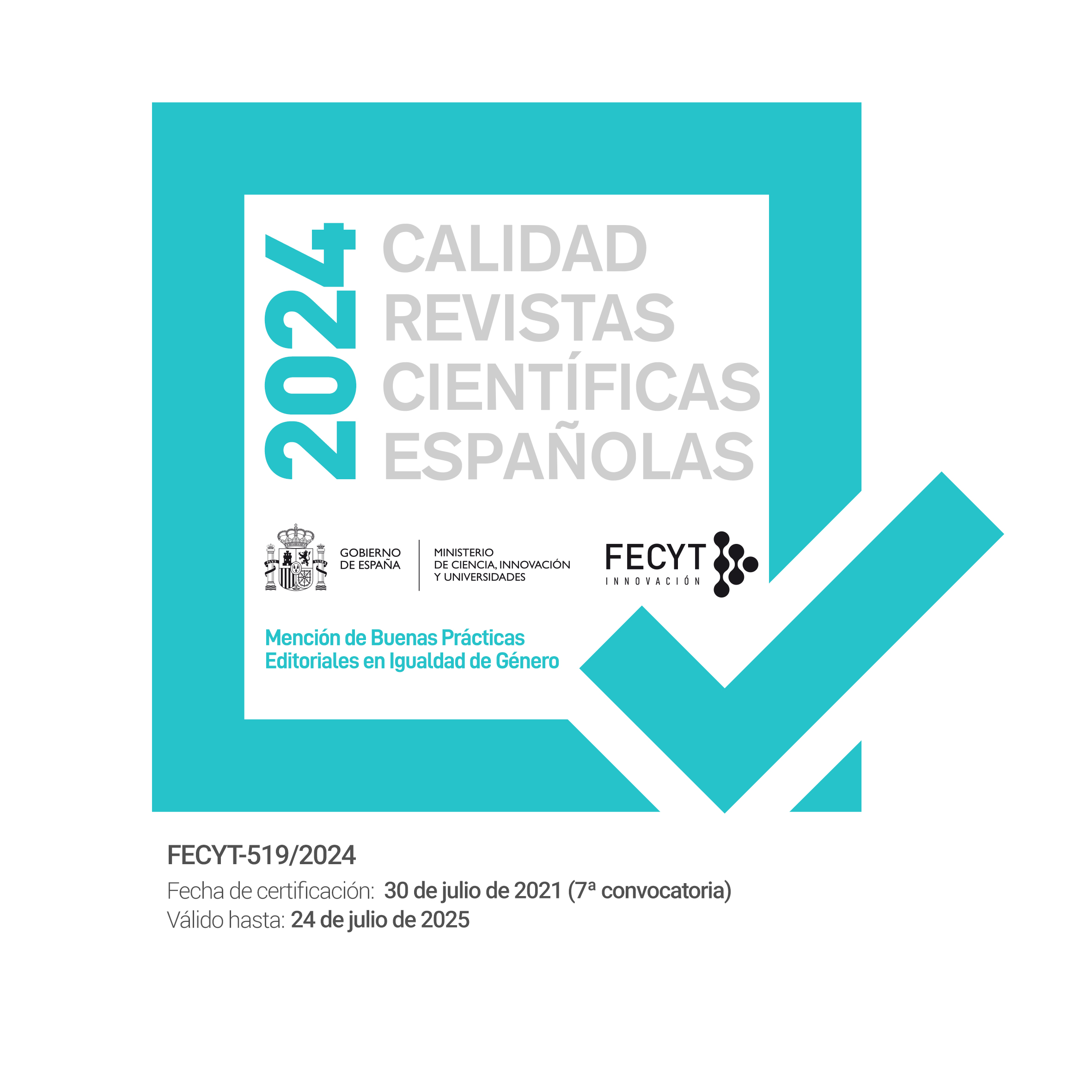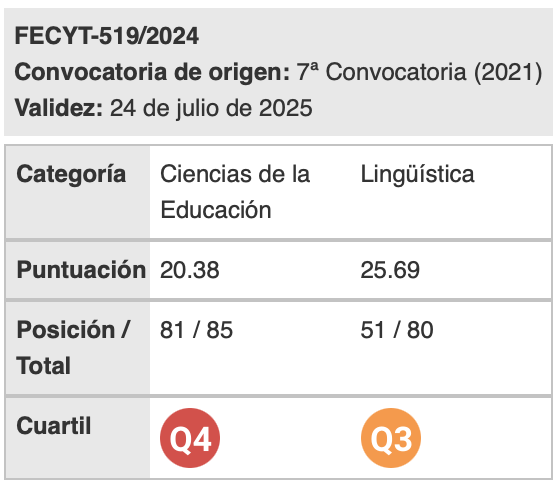The English language skills in ESP for law course
Palabras clave:
ESP course, Law Department, language skills, needs analysis, UniversityResumen
English for specific purposes (ESP) is considered as a new trend in English Language Teaching. It is our belief that ESP courses help students become more proficient in their field of study. The present study was done during academic year 2009/2010 at the Department of Law, South East European University (SEEU) and it is based on the importance of language skills, students’ and teachers’ attitudes towards an ESP course and the importance of needs analysis. ESP course took place once a week and it had two classes of 45 minutes each. The participants of the study were 40 Law students, both genders, 8 departmental instructors and 4 administrators. The participants had different ethnic backgrounds, Albanian, Macedonian and Turkish. The data collection was done through questionnaires and interviews. The results showed that the participants perceive ESP courses to be very important for their study and future career and there seemed to be considerable motivation and interest in taking ESP courses and strengthen knowledge in English language. In terms of the importance of language skills in ESP, specific terminology is an obstacle to effective communication in English, therefore there should be a bigger focus on learning vocabulary. After analyzing all study results, we strongly believe that its results can help teachers at the Law Department in designing their ESP curricula and can be used for learners and teachers by serving as a reference to facilitate learning English for Law.
Descargas
Citas
Atef Saleh, Al. T. & Munir, Sh. (2010). Investigating the English language needs of petroleum engineering students at Hadhramout University of Science and Technology. ESP Asian Journal, 6(1), 1-30.
Briguglio, C. (2005). The use of English as a global language in multinational settings and the implications for business education. PhD thesis. University of WA, Perth, Western Australia.
Civilkienė, D., Daraškaitė, D., Lauruškienė, R., & Toropovienė, S. (2009). The role of text-based activities in teaching ESP students. Retrieved January 2011, from <http://dukonference.lv/raksti_pdf/Civilkiene+.pdf>.
Dudley-Evans, T. & St. John, M. (1998). Developments in English for specific purposes. Cambridge: Cambridge Language Teaching library.
Fiorito, L. (2005). Teaching English for specific purposes (ESP). UsingEnglish.com Retrieved December 2010 from <http://www.usingenglish.com/teachers/ articles/ teaching-english-for-specific-purposes-esp.html>.
Mazdayasna, G. & Tahririan, M. H. (2008). Developing a profile of the ESP needs of Iranian students: The case of students of nursing and midwifery. Journal of English for Academic Purposes, 7(4), 277-289.
Hadri, Sh. (2010). The need of ESP courses at university level: A study conducted at the Department of Business Administration, SEEU. Unpublished MA thesis. South East European University, Macedonia.
Hutchinson, T. & Waters, A. (1987). English for specific purposes: A learner-centred approach. Cambridge: Cambridge University Press.
Johns, A. M. & Dudley-Evans, T. (1991). English for specific purposes: International in scope, specific in purpose. TESOL Quarterly, 297-314.
Jurkovic, V. (2006). Vocabulary learning strategies in an ESP context. Scripta Manent Journal, 2(1), 23-32.
Larsen-Freeman, D. (2000). Techniques and principles in language teaching. Second Edition. Oxford: Oxford University Press.
Lightbown, P. & Spada, N. (1999). How languages are learned. United Kingdom: Oxford University Press.
Orr, T. (2002). English for Specific Purposes. TESOL Quarterly, 1-21.
Tong, Th. M. L. (2005). Assessing the perceptions and difficulties of students
at COT, VNU in making ESP presentations. ESP Asian Journal, 5(1), 79-96.
Descargas
Publicado
Cómo citar
Número
Sección
Licencia
Aquellos autores/as que tengan publicaciones con esta revista, aceptan los términos siguientes:
- Los autores/as conservarán sus derechos de autor y garantizarán a la revista el derecho de primera publicación de su obra, el cuál estará simultáneamente sujeto a la Licencia de reconocimiento de Creative Commons que permite a terceros compartir la obra siempre que se indique su autor y su primera publicación esta revista.
- Los autores/as podrán adoptar otros acuerdos de licencia no exclusiva de distribución de la versión de la obra publicada (p. ej.: depositarla en un archivo telemático institucional o publicarla en un volumen monográfico) siempre que se indique la publicación inicial en esta revista.
- Se permite y recomienda a los autores/as difundir su obra a través de Internet (p. ej.: en archivos telemáticos institucionales o en su página web) antes y durante el proceso de envío, lo cual puede producir intercambios interesantes y aumentar las citas de la obra publicada. (Véase El efecto del acceso abierto).

Revista de Lenguas para fines específicos is licensed under a Creative Commons Reconocimiento-NoComercial-SinObraDerivada 4.0 Internacional License.






















